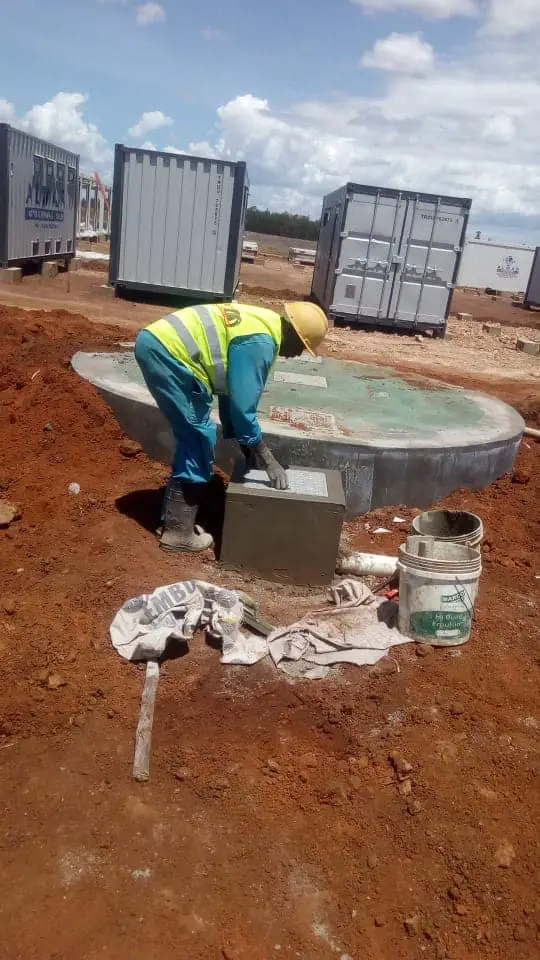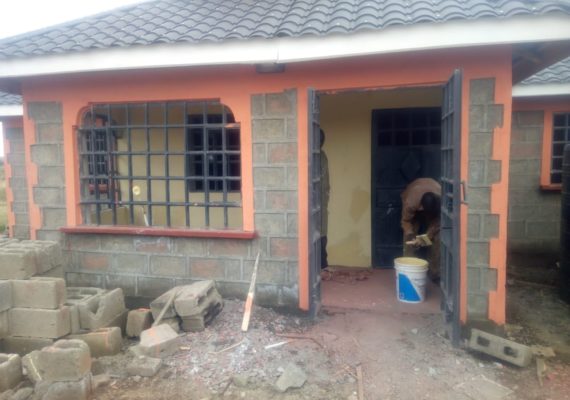Biogas Digester in Kenya
Biogas Digester in Kenya: Types of Organic Waste Sources for Bio digester
Different organic waste have different gas-producing potentials, resulting in varying daily outputs. One kilogram of waste yields two to three times the amount of biogas than a kilogram of manure, as this has already been digested. The quantity of waste to be digested must be known upfront to decide the size of the biodigester needed.

Consider any anticipated increase in the amount of waste because the digester can have a lifetime of 10 to 20 years. Suitable organic wastes include:
-
- Garden waste
- Kitchen/food waste
- Waste paper and cardboard
- Sewage, provided that it does not contain disinfectants or other toxic chemicals

Wastes that should not be disposed of in a biodigester include biocides (chemicals that are specifically designed to kill living organisms) and non-biodegradable materials:
- Disinfectants and chemical cleaning agents
- Detergents, bleaches, acids, etc.
- Sand, plastic bags, textiles, etc. will block the system.
- Pesticides and herbicides
- Heavy metals, etc.
- Fibrous or difficult to digest materials, such as:
- Lignin-containing plant wastes
- Lined (wax, foil, plastic, etc.) cardboard and paper
- Large volumes of one type of waste should be avoided and especially acidic or spicy foods
Manure from livestock that has recently been given antibiotics or medication that may affect the micro-organisms in the biodigester
💥🎁 Christmas & Year-End Deals On Amazon !
Don't miss out on the best discounts and top-rated products available right now!
🛒 Shop Now and Save Big Today!*As an Amazon Associate, I earn from qualifying purchases.
Contact us for Site Assessment & Biodigester Installation.Call/WhatsApp +254722888721



